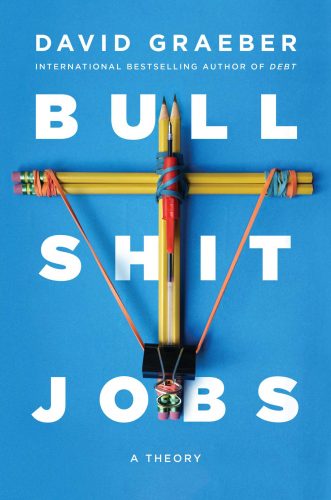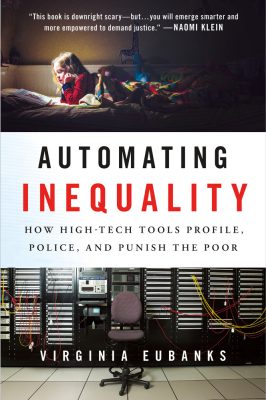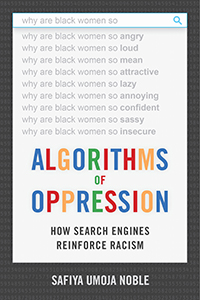
Last week three self-described “concerned academics” perpetrated a hoax in the name of uncovering what they call the “political corruption that has taken hold of the university.” “I’m not going to lie to you.” James A Lindsay, one of the concerned academics says in a YouTube video, just after laughing at a reviewers’ comments on a bogus article. “We had a lot of fun with this project.” The video then cuts to images of mass protests and blurry phone-recorded lectures, presumably about topics that aren’t worthy of debate. The takeaway from the videos, press kit, and write-up in Areo Magazine is the following: fields that study race, gender, sexuality, body types, and identity are really no more than “Grievance Studies” (their neologism) and the desire to criticize whiteness and masculinity overrides any appreciation of data.
To prove this they spent over a year writing and submitting articles that they wrote in bad faith. Sometimes these articles would have fairly decent literature reviews which would then lend legitimacy to less-than-decent theses. But when you actually read the papers, and the reviews, the picture you get is far less interesting than the sensationalist write-ups or even the Areo piece makes them out to be. The picture you get by actually reading the work is mostly mid-level journals doing the hard, unpaid work of giving institutional authority to ideas that —hoax or not— will rarely see the light of day. This is the real hoax: that academic institutions waste so many good people’s time and energy on work that goes nowhere and influences nobody. I wish we lived in a world where it made any sort of sense to compare the influence of Fat Studies to the influence of oil companies on climate science. We don’t, but —and here’s something that astonishingly no one with a platform seems to want to argue— we should. more...











